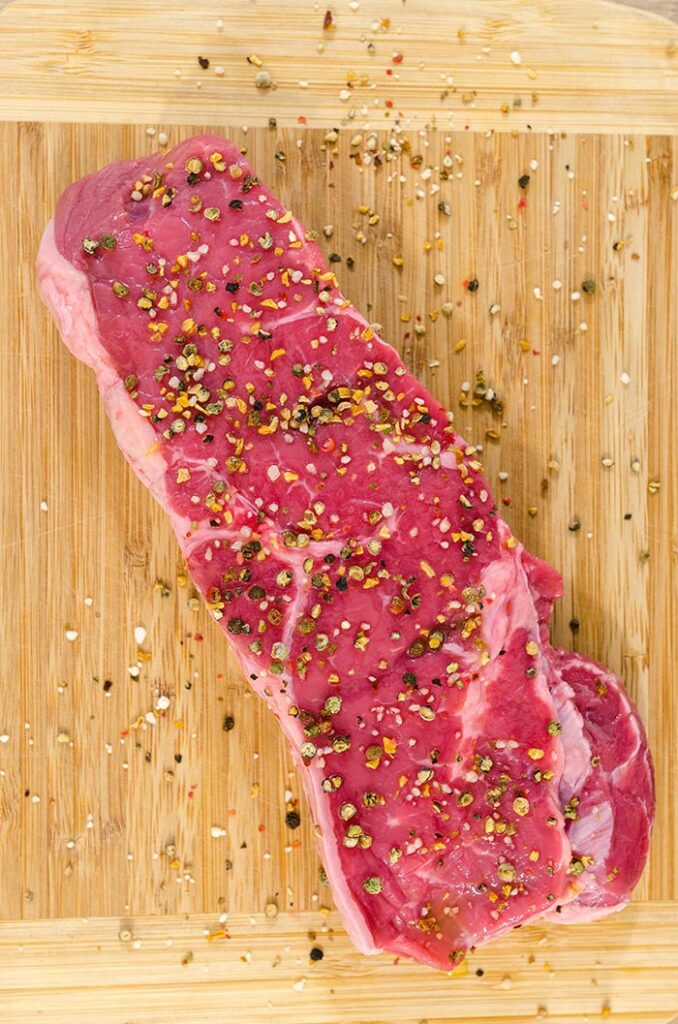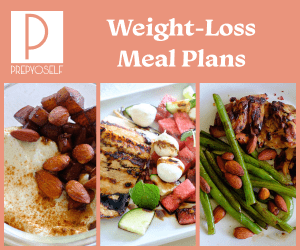For decades, everyone has been talking about protein for muscle growth, weightloss, better health, but is protein overhyped? We’ve written articles on the subject as well. There’s no doubt that protein is important but these days it seems like it is the only nutrient that you need. Which is obviously not the case but how should you approach protein in your meal plan?
Most people in developed countries already meet or exceed the RDA (~0.8g/kg body weight). More isn’t always better, especially if you don’t have an active lifestyle.
Benefits of Protein
Builds and Repairs Tissues: Protein is essential for your body’s repair and maintenance. From muscles to your skin, organs, and bones, they all use protein to stay healthy.
Supports Muscle Health: Lean muscle mass is the popular approach to health these days and protein helps build and keep lean muscle mass.
Vital for Enzymes & Hormones: These help regulate essential functions like metabolism, digestion, and blood sugar control.
Hunger: Protein takes longer to digest than carbohydrates, helping you feel fuller for longer.
Boosts Immune Function: Your immune system relies on proteins to build antibodies and immune cells.
Ok so if protein does all of this then how can it be overhyped?
Problems with Too Much Protein
Kidney Strain (Especially if You Have Kidney Issues)
High protein intake increases the amount of waste the kidneys must process & filter out. For healthy people this isn’t as much of an issue but for people with pre-existing kidney disease, this can strain and potentially worsen kidney function.
Dehydration
Breaking down protein produces urea, which the body excretes through urine. This process may increase fluid loss, leading to dehydration if you’re not drinking enough water. So as you up your protein you need to increase your water intake as well.
Digestive Issues
Too much protein, especially from meat-heavy or low-fiber diets, can lead to constipation, diarrhea, and bloating. Not enough carbohydrates or fiber-rich foods may worsen these symptoms.
Increased Risk of Heart Disease (Depending on Protein Source)
High intake of red and processed meats (e.g., bacon, sausages, fatty steaks) can raise the risk of heart disease, high cholesterol, and some cancers. Lean proteins like fish, legumes, and poultry are healthier alternatives.
Weight Gain
Excess protein still provides calories. If your body doesn’t use it for energy or repair, it can be converted to fat, contributing to weight gain. If you don’t lead an active lifestyle, you don’t necessarily need to focus on protein as much.
Metabolic Burden and Fatigue
Very high protein with low carb intake (like extreme keto diets) can lead to fatigue, cognitive issues, and irritability. This is because your brain prefers glucose and limiting it in your diet in favor of protein can upset the balanced diet.
How Much is Too Much Protein
For non-atheletes, you don’t need 200g of protein a day if you’re not lifting intensely or building muscle. For general health, 1.2–1.6g/kg of body weight is a safe, optimal range for most adults.
| Goal / Lifestyle | Protein per kg of body weight | Protein per lb of body weight |
| Sedentary (minimal activity) | 0.8 g/kg | ~0.36 g/lb |
| Active (light exercise) | 1.2–1.6 g/kg | ~0.55–0.73 g/lb |
| Strength training / Muscle gain | 1.6–2.2 g/kg | ~0.73–1.0 g/lb |
| Fat loss (with exercise) | 1.8–2.4 g/kg | ~0.82–1.1 g/lb |
| Older adults (to prevent muscle loss) | 1.2–2.0 g/kg | ~0.55–0.91 g/lb |
It’s All About Balance
Protein is crucial for so many healthy functions of your body. The problem arises when you ignore other nutrients for the sake of maxing protein. Your body needs carbohydrates, fats, vitamins, and minerals to operate efficiently. Everything works together to process, breakdown, metabolize, and repair your body. Many of the, but not all, diets hyper focus on one nutrient while ignoring and under appreciating the value that a well rounded diet brings. Some diets are only meant for the short term and that can be ok but ultimately your body needs it all.
Of course everyone’s body is different and your needs will be different. Consult a dietitian to better understand your exact needs and whether or not protein is overhyped for you.





